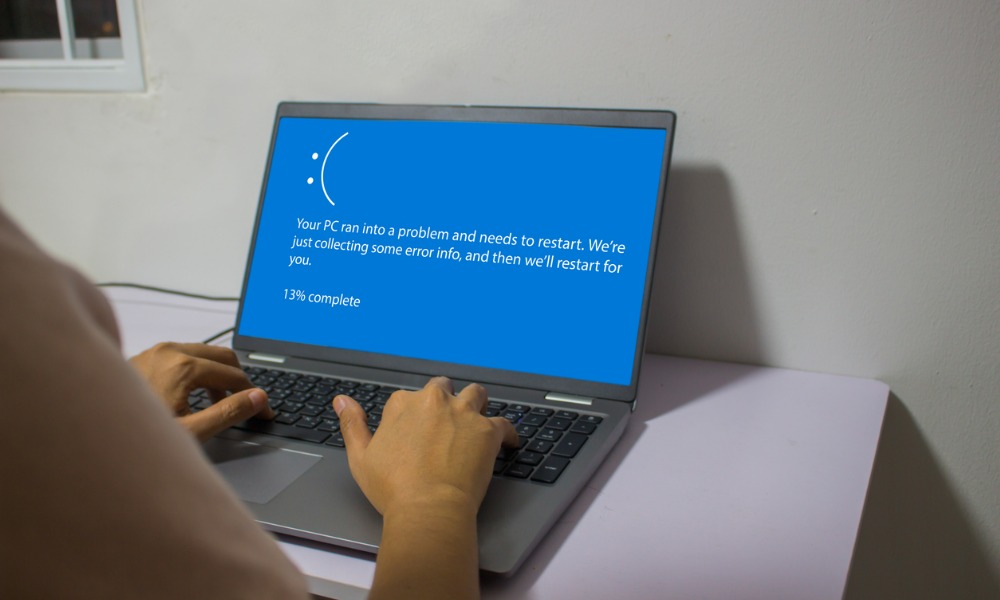
Academic cites need to overhaul cybersecurity strategies

An expert says the global outage that occurred July 10 should be a "wake-up call" for businesses to look at their cybersecurity strategies.
"As services begin to stabilise and resume, this outage should serve as a wake-up call for IT professionals, business leaders, and policymakers alike," said Feng Li, chair of information management and Associate Dean for Research & Innovation, Bayes Business School, City, University of London, in an article for The Conversation.
"The pressing need to reassess and even overhaul existing cybersecurity strategies and IT management practices is clear. Improving system resilience to withstand large scale disruptions must be a priority."
According to Li, the event also adds a new layer of urgency to international cybersecurity collaborations and policy interventions.
"The global IT outage marks a timely reminder and a critical juncture for discussions on digital resilience and the future of technology governance at the business, infrastructure, and policy levels."
Approximately 8.5 million Windows devices across the world suffered the outage on Friday in what has been described as one of the worst IT outages in history.
Crowdstrike, a US-based cybersecurity company, claimed responsibility for the outage and attributed it to a defect found in a Falcon content update for Windows hosts.
"Mac and Linux hosts are not impacted. This was not a cyberattack," said CrowdStrike Founder and CEO George Kurtz in a statement.
Over the weekend, Crowdstrike said that a "significant number" of the Windows devices affected by the outage are "back online and operational."
"Together with customers, we tested a new technique to accelerate impacted system remediation. We're in the process of operationalizing an opt-in to this technique. We're making progress by the minute," the company said on a LinkedIn post.
Kurtz apologised on Friday for those affected by the outage.
"All of CrowdStrike understands the gravity and impact of the situation," the CEO said. "We are working closely with impacted customers and partners to ensure that all systems are restored, so you can deliver the services your customers rely on."
David Weston, Vice President, Enterprise and OS Security at Microsoft, said on Saturday that it also deployed hundreds of its engineers and experts to work directly with affected customers on restoring services.
"This incident demonstrates the interconnected nature of our broad ecosystem — global cloud providers, software platforms, security vendors and other software vendors, and customers. It's also a reminder of how important it is for all of us across the tech ecosystem to prioritise operating with safe deployment and disaster recovery using the mechanisms that exist," Weston said in a statement.
"As we've seen over the last two days, we learn, recover and move forward most effectively when we collaborate and work together. We appreciate the cooperation and collaboration of our entire sector, and we will continue to update with learnings and next steps."